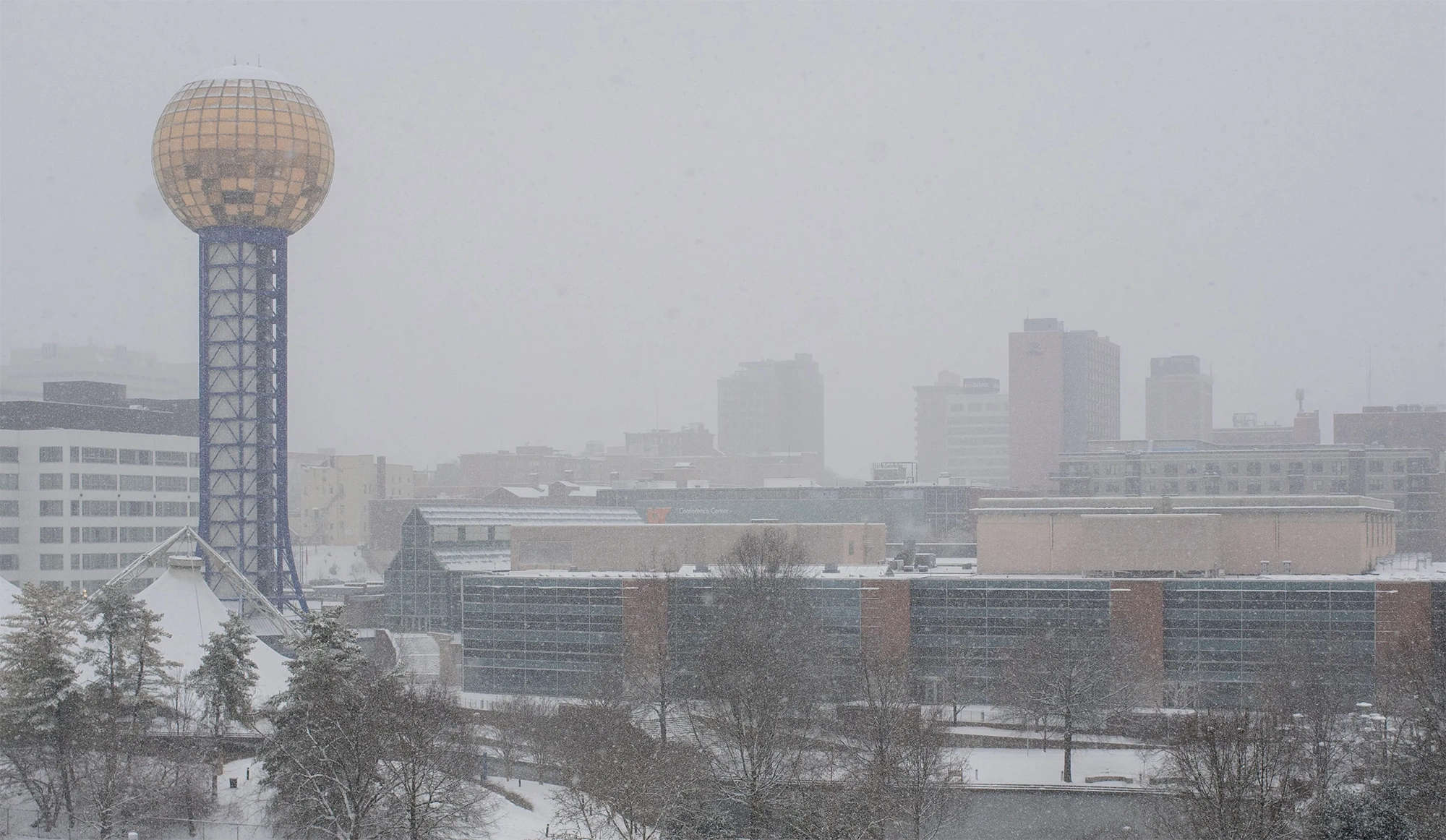After nearly 9 inches of snow dumped on East Tennessee, shutting down the city for the better part of a week, we’ve been getting a lot of calls to service broken or frozen units. Before the next deep freeze comes, you may want to consider taking steps to protect your heating and air system. These conditions can put a strain on your HVAC system, potentially leading to costly repairs or replacements if not adequately prepared. Here are some essential tips to help safeguard your heating and air system during these harsh winter conditions.
- Keep Snow and Ice Away: Ensure that your outdoor units are clear of snow and ice. Accumulated snow can impede the airflow, causing your system to work harder and less efficiently. Regularly brush off snow and gently remove any ice build-up.
- Inspect and Replace Filters: Dirty filters restrict airflow, making your system work harder, which can lead to overheating. Check your filters regularly and replace them as needed, especially during heavy use periods.
- Maintain a Steady Temperature: Avoid setting your thermostat back too much during a deep freeze. Keeping a relatively constant temperature reduces the strain on your heating system and prevents pipes from freezing.
- Check Your Insulation: Proper insulation in your home, especially in areas like attics and basements, can significantly reduce the burden on your heating system by retaining more heat.
- Secure Outdoor Units: High winds often accompany snow storms, so ensure that your outdoor unit is securely anchored. Covering the unit can protect it from debris but ensure the cover is breathable to avoid moisture accumulation.
- Keep Vents Clear: Make sure all vents are unblocked by furniture, curtains, or other objects to ensure efficient air circulation.
- Professional Inspection: Before the onset of extreme weather, have a professional inspect your system. They can detect issues that may not be obvious and ensure your system is in optimal condition to face the harsh weather.
- Emergency Plan: Always have a backup plan, like portable heaters (used safely) or extra blankets, in case your heating system fails.
By following these steps, you can help ensure your heating and air system remains functional and efficient throughout the winter, providing you with comfort and peace of mind during those chilly, snowy days.







